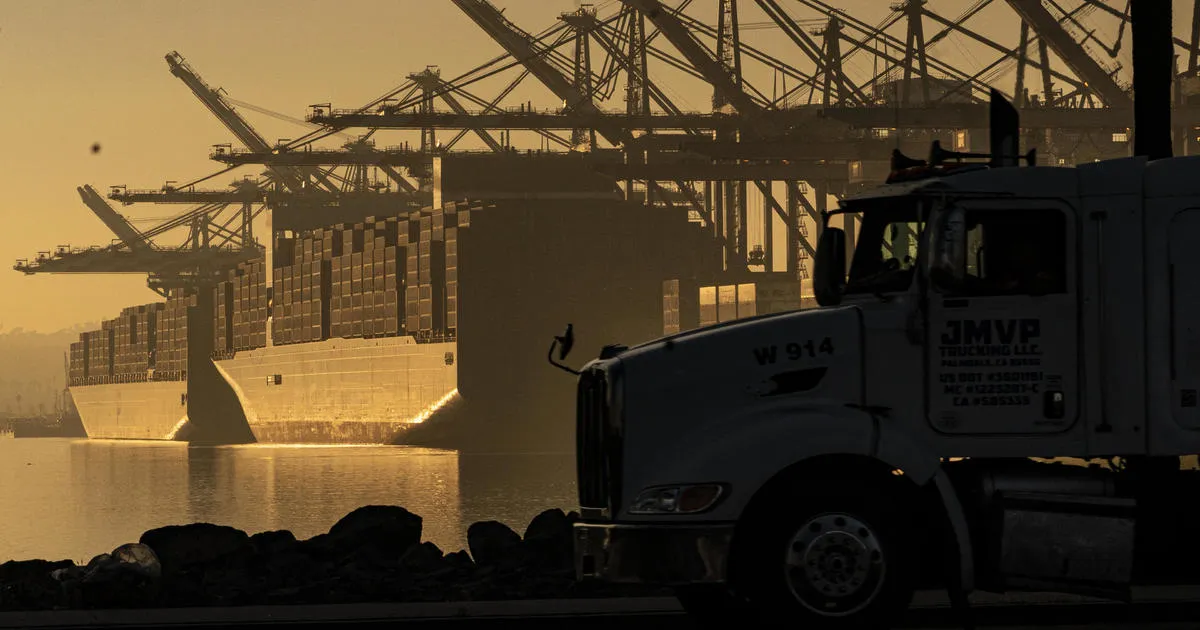Labor Union Strike Threat: Key Dockworkers Prepare for Action

The Looming Labor Union Strike
Determined to thwart the automating of their jobs, about 45,000 dockworkers along the U.S. East and Gulf Coasts are threatening to strike on Oct. 1, a move that would shut down ports that handle about half the nation’s cargo from ships. The International Longshoremen’s Union is demanding significantly higher wages and a total ban on the automation of cranes, gates, and container movements used in freight loading and unloading at 36 U.S. ports.
Impact on Consumers and Economy
Whenever and however the dispute is resolved, it’s likely to affect how freight moves in and out of the United States for years to come. If a strike were resolved within a few weeks, consumers probably wouldn’t notice any major shortages of retail goods. But a strike that persists for more than a month would likely cause a shortage of some consumer products, although most holiday retail goods have already arrived from overseas.
Economic Consequences
- A prolonged strike would almost certainly hurt the U.S. economy.
- Even a brief strike would lead to significant disruptions.
- Traffic congestion around affected ports would likely increase as cargo is diverted to West Coast ports.
- Once the longshoremen's union returns to work, a ship backlog is expected.
Experts indicate that clearing a backlog takes four to six days for every day of a port strike.
This article was prepared using information from open sources in accordance with the principles of Ethical Policy. The editorial team is not responsible for absolute accuracy, as it relies on data from the sources referenced.